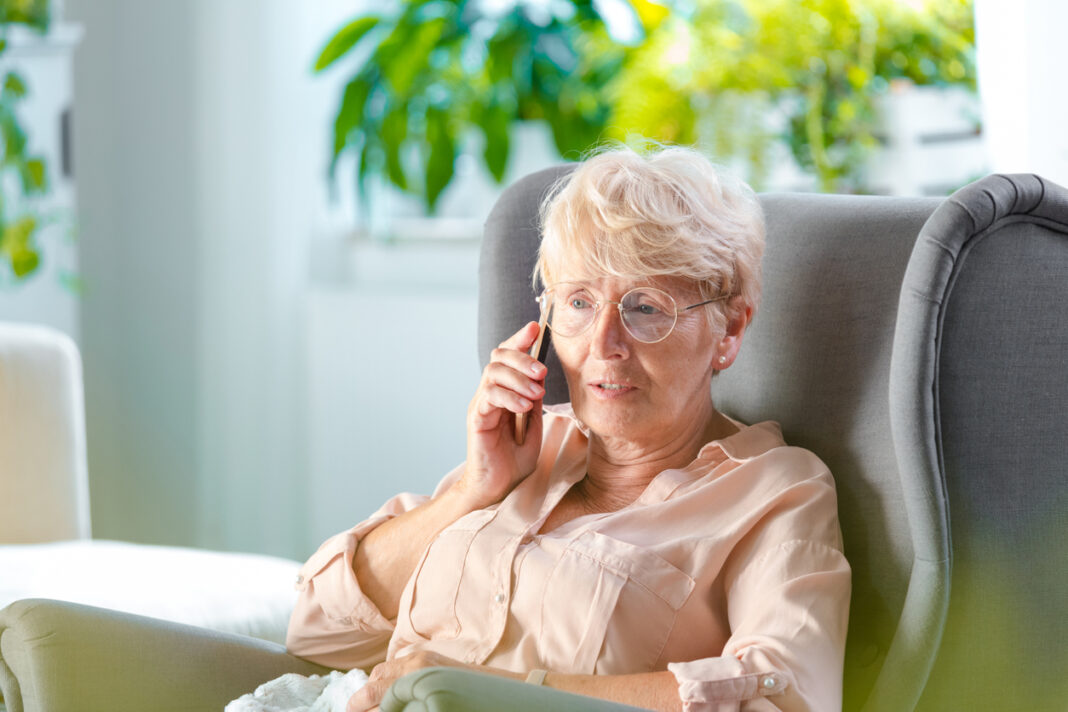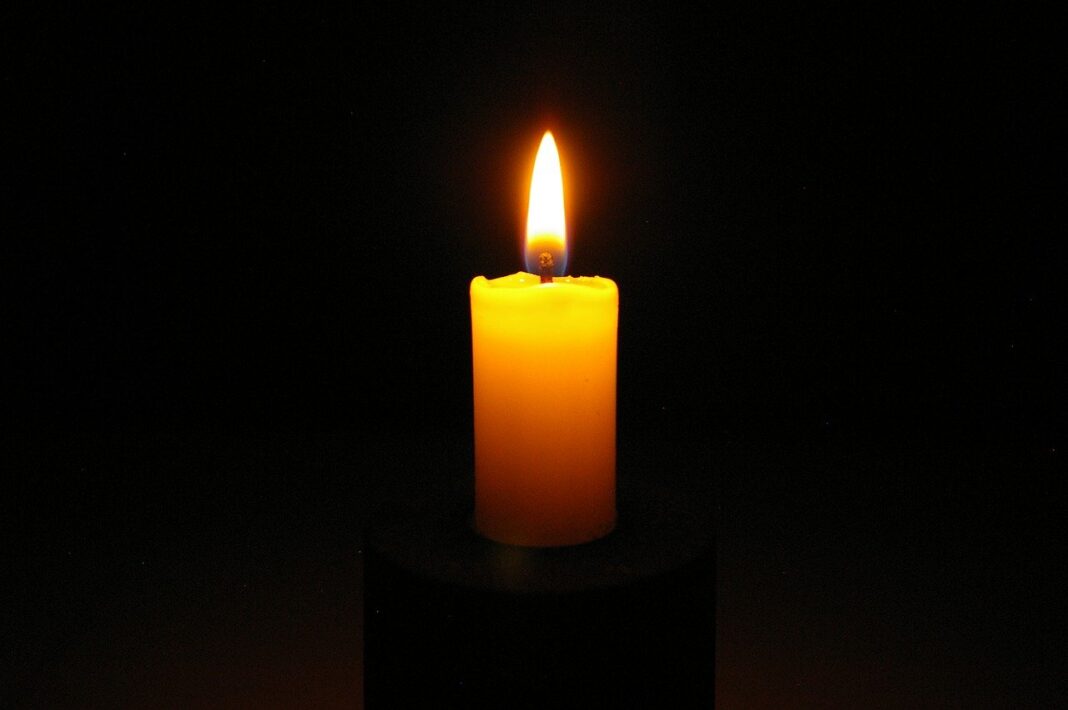The coronavirus pandemic has changed the way we live, but it has also changed the way funerals are conducted and how we support friends and relatives who are grieving. Here are seven ways the coronavirus pandemic has changed how humanist funerals are being planned and conducted by humanist funeral celebrants in the UK during the lockdown.
1. Planning a humanist funeral
Humanist funeral ceremonies focus on the life of the person who has died, the relationships they forged, and the legacy they left behind. To gather the detailed information used to write the funeral script, humanist funeral celebrants would normally meet bereaved family members in person, to learn about the life of the deceased and to discuss their plans for a non-religious. But, as a result of travel restrictions and physical distancing guidelines – and in order to protect both clients and themselves – celebrants are now conducting their ‘family visits’ by phone or video call.
One humanist funeral celebrant who has had experience of this new way of working is Adele Chaplin from Ipswich. She explains:
‘Conducting family visits by phone or video call is certainly providing some new challenges. When you meet with a family face-to-face, you can catch those little smiles, sideways glances, and chuckles that you don’t always pick up on a video call. People tend to treat the calls much more formally than they treat you when you’re sitting in their living room with a cup of tea.
‘You also really don’t have the opportunity to comfort people the way you would in person. You can’t hug, smile, or even pat a hand – it all has to be communicated by voice.
‘However, remote meetings do have a positive side too. People tend to be much more organised, having written out their loved ones stories in advance and really having thought about the music and readings they would like.
‘Learning to handle remote meetings is making us better celebrants, as we are now able to take on a range of new and challenging circumstances.’

2. Social distancing at crematoria
The latest Government guidance on funerals says, ‘Only members of the deceased person’s household or close family members should attend funerals.’ And, while the Government has not been prescriptive on numbers, at some crematoria limits are imposed, with some areas permitting a maximum of just five and others allowing up to 25. Whatever the number of mourners, humanist funeral celebrants conduct meaningful, personal ceremonies with the same high levels of professionalism and compassion.
3. Direct cremations
Some crematoria have been closed to ceremonies for a number of weeks now, meaning that no family members may be present when the cremation takes place. For families in this situation, Humanist Ceremonies celebrants are offering alternatives to humanist funeral ceremonies such as deferring the memorial service until restrictions are lifted or having an online ceremony via video.
4. Live-streaming a humanist funeral ceremony
Humanist Ceremonies celebrants have noticed an increase in the number of enquiries about using in-house equipment to live-stream humanist funeral ceremonies from crematoria or funeral homes. By using this type of technology, mourners can access the non-religious funeral ceremony from anywhere in the world.
Humanist funeral celebrant Adele Chaplin said:
‘Initially, conducting a live-streamed ceremony following the lockdown rules can seem unusual; there are only a handful of people in attendance, but you are conscious there could be hundreds more watching online – and it’s important to include those people in the ceremony and make them feel part of the day. I always make sure I mention and thank those watching the live-stream so they know they feel included.
‘I hope that once this lockdown is over, people see the continuing benefit of live-streaming, which makes a funeral accessible to those who can’t be there in person.’

5. Virtual humanist funeral ceremonies
Where no one can be present at the crematorium or graveside, families may decide to have a virtual humanist funeral ceremony led by a celebrant from their own home.
The celebrant can conduct a full non-religious funeral ceremony or, if there will be a gathering for a memorial later in the year, they can conduct a short ceremony to mark the committal.
Virtual humanist funeral ceremonies can either be entirely celebrant-led, or they can include contributions from others.
Humanists UK’s Ceremonies Training and Development Manager, Ginny Collins said:
‘Memorials allow time for several contributions from others. They are very different in tone from funerals, and can feel more like a party, with slideshows and music, perhaps a moment to reflect at the end, and then on to the buffet. All of this can be recreated online.’
6. Pre-recorded humanist funeral ceremonies
Some humanist funeral celebrants have received requests for pre-recorded ceremonies to be filmed by the celebrant and emailed to the family as a keepsake, in preference to having a live-streamed ceremony.
7. Coordinating meaningful rituals as part of an online humanist funeral ceremony
For people who can’t attend or watch online, but wish to mark the time of the funeral in a meaningful way, humanist celebrants can help families to create a ritual that can be enacted by each mourner at home. This might be the lighting and extinguishing a candle at particular times, reciting a piece of poetry, or playing a specific piece of music. Rituals can also be included in the live online ceremonies for those participating.
Humanist celebrant Stewart Holden said:
‘I conducted a funeral in Northern Ireland last week for a young man whose friends were watching online in homes around the world and all of whom lit candles at the same time whilst listening to a song. The family present in the funeral home did the same thing and it gave us all a feeling that while we could not all physically be together, we were nonetheless united in that moment through that shared action.’
As the saying goes, ‘Necessity is the mother of invention,’ and our celebrants have demonstrated that they have risen to the challenge of finding innovative solutions to the new challenges brought by the coronavirus. They are developing new skills whilst continuing to conduct meaningful ceremonies with compassion and respect.

How to find a humanist funeral celebrant
To find a humanist funeral celebrant near you, try our interactive map.
Planning your own funeral
If you are thinking of planning your own humanist funeral, we have specially trained celebrants who can help you plan and record your wishes, which will be safely stored until needed.





